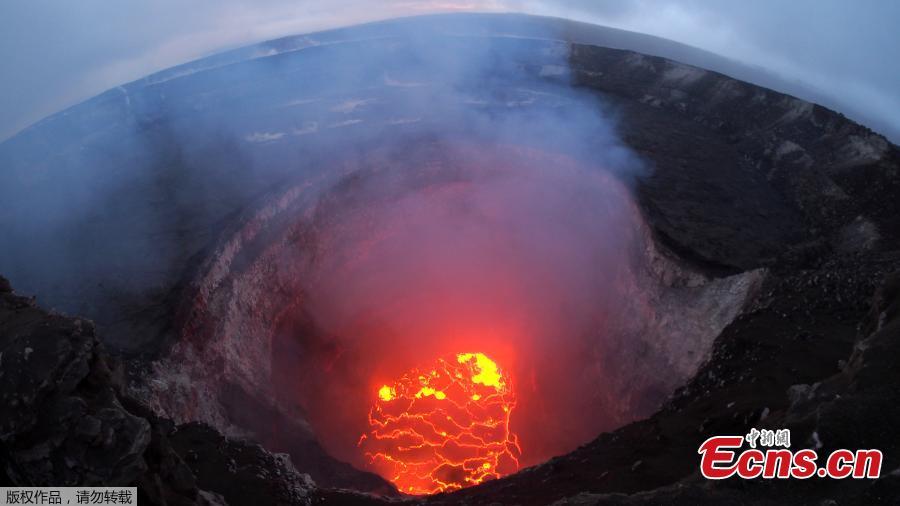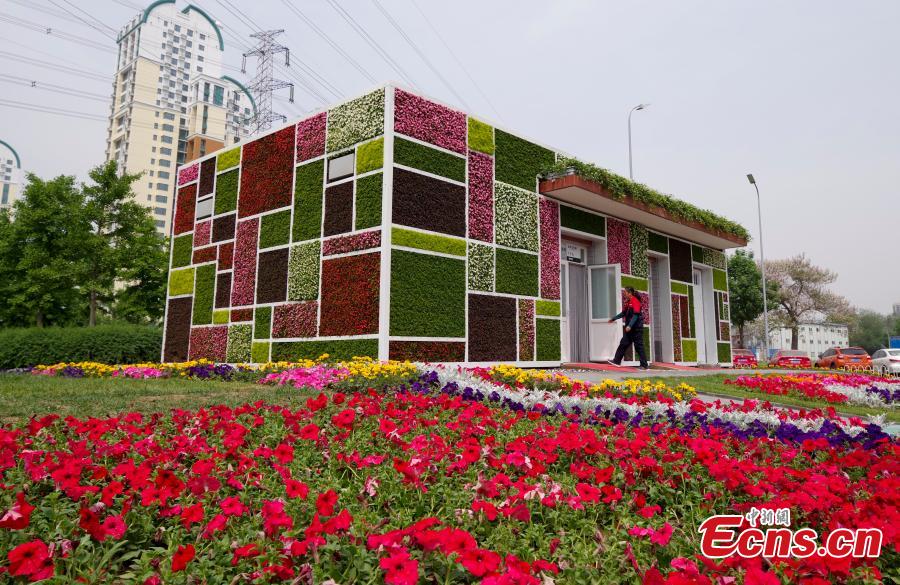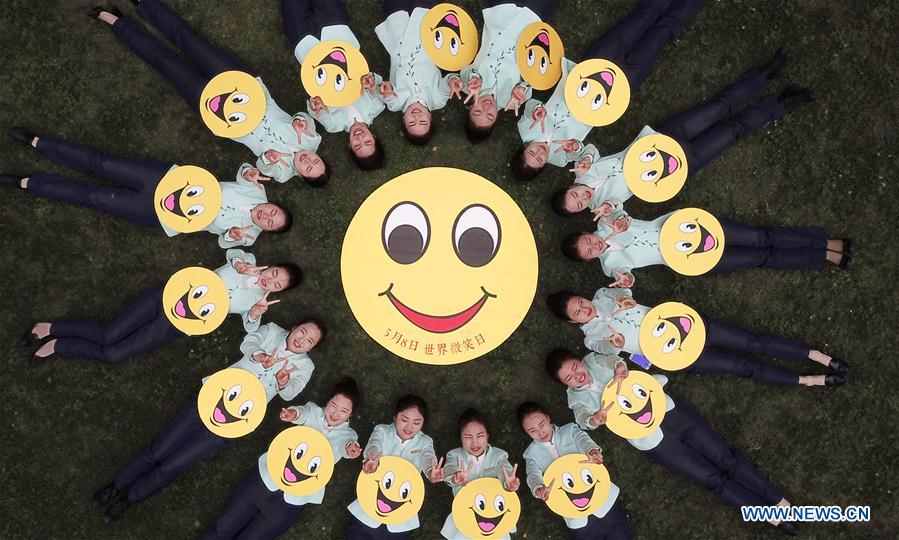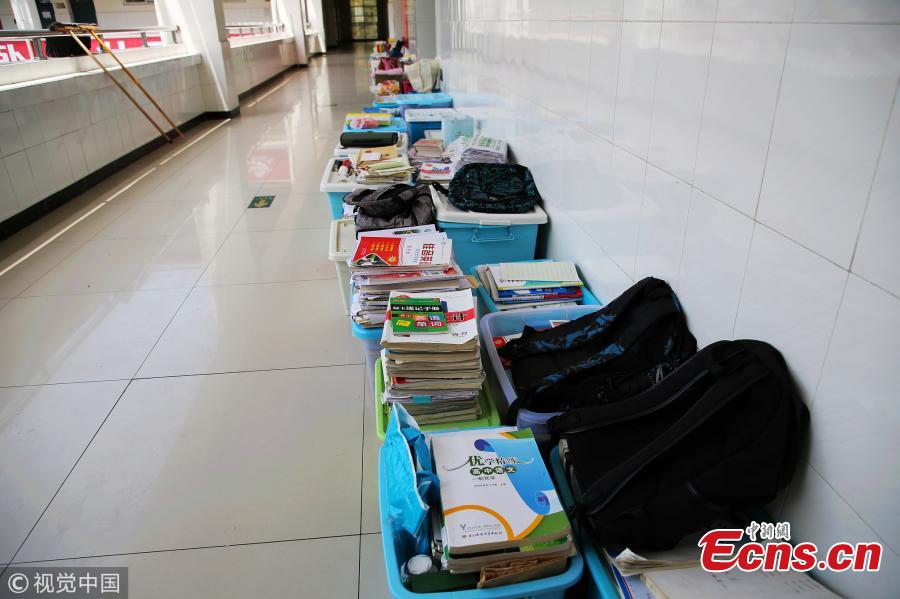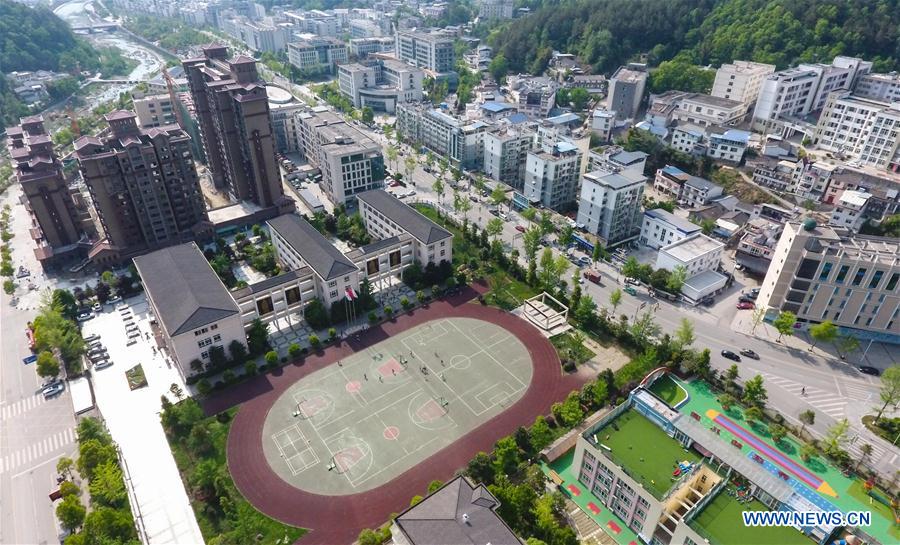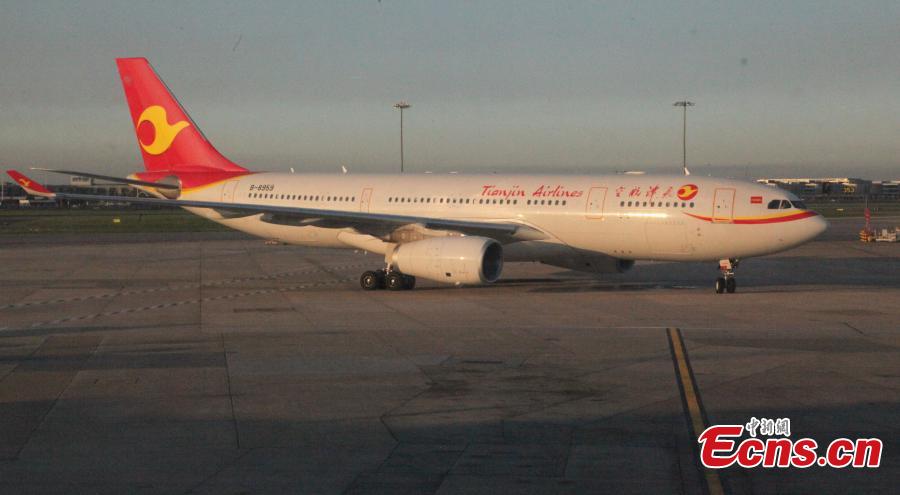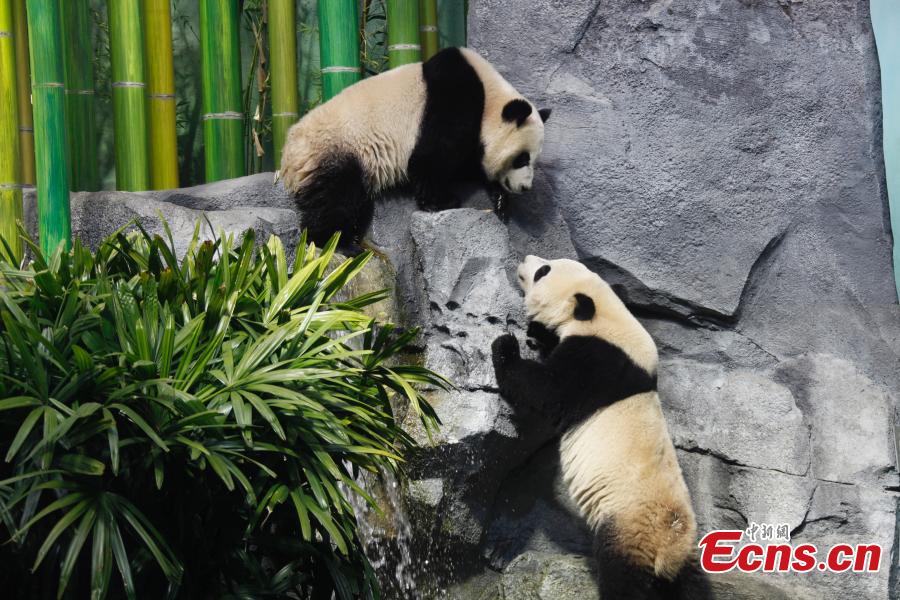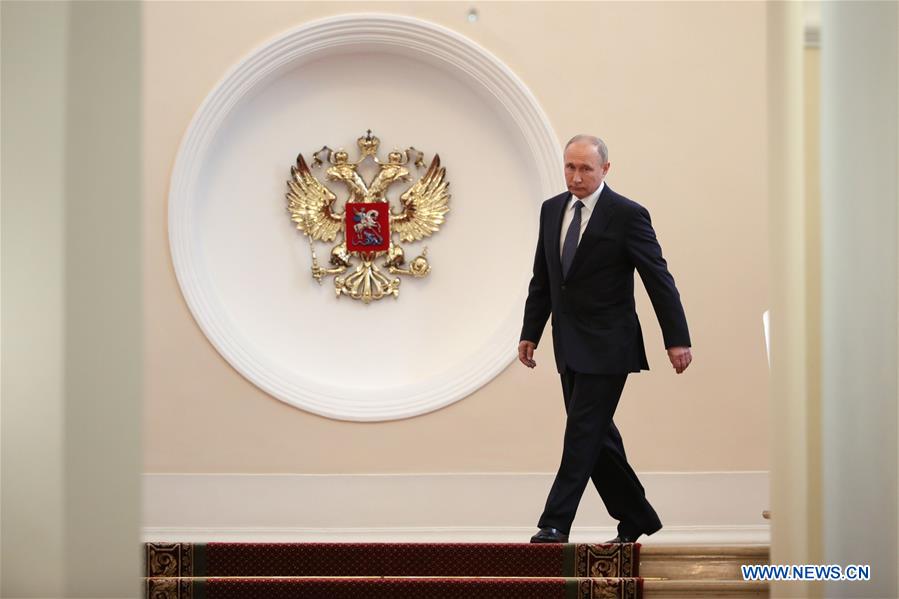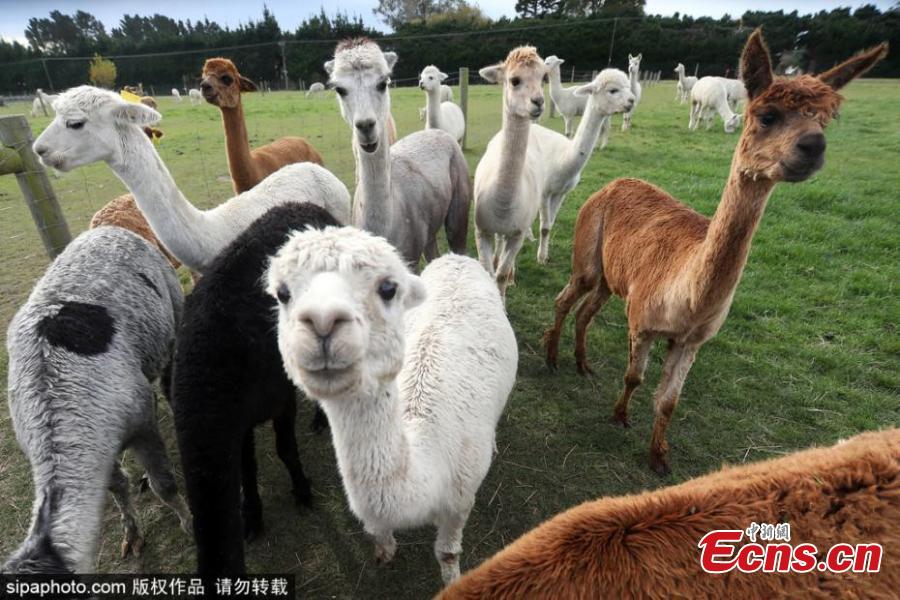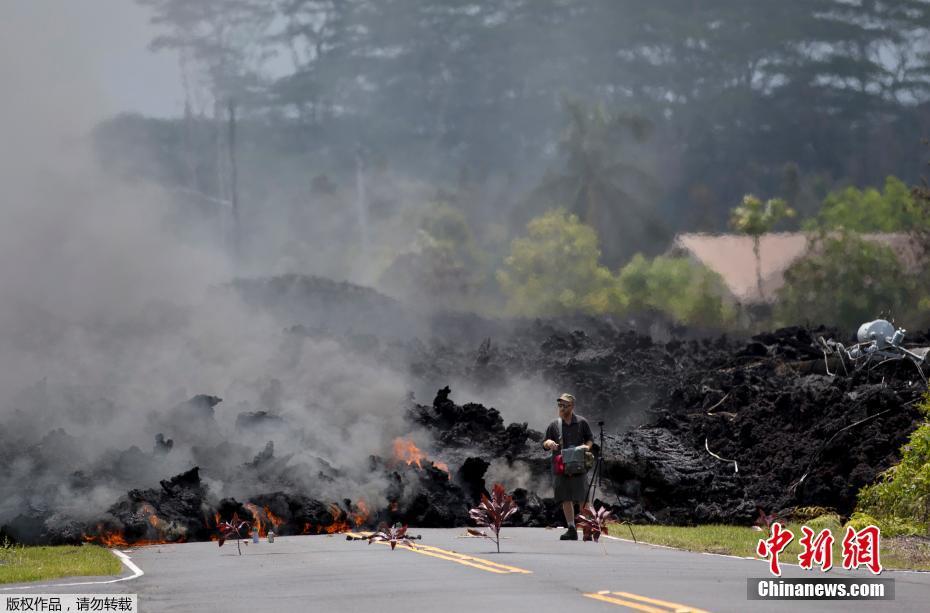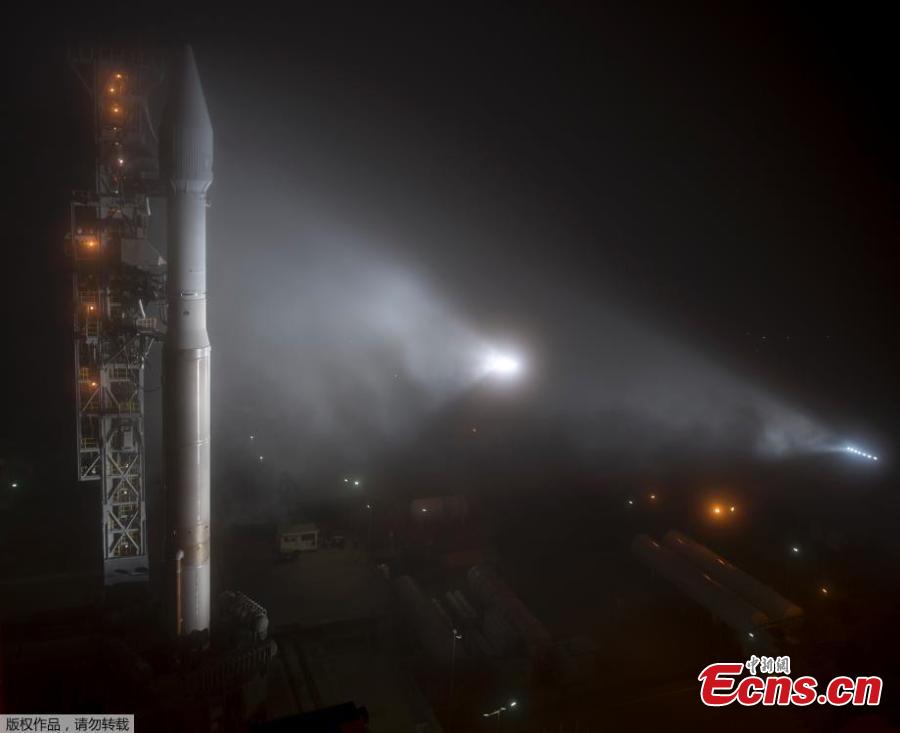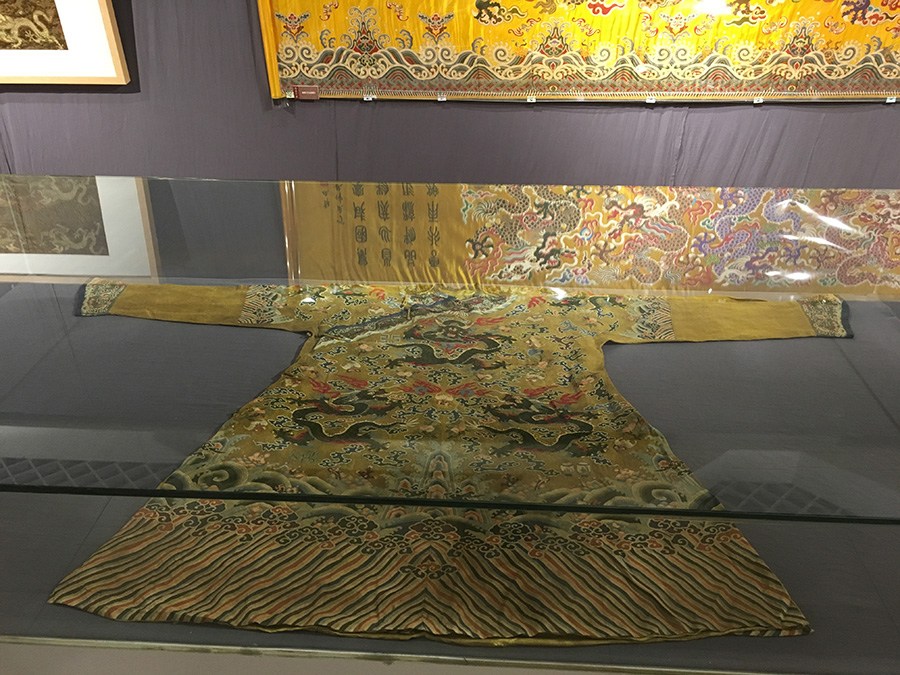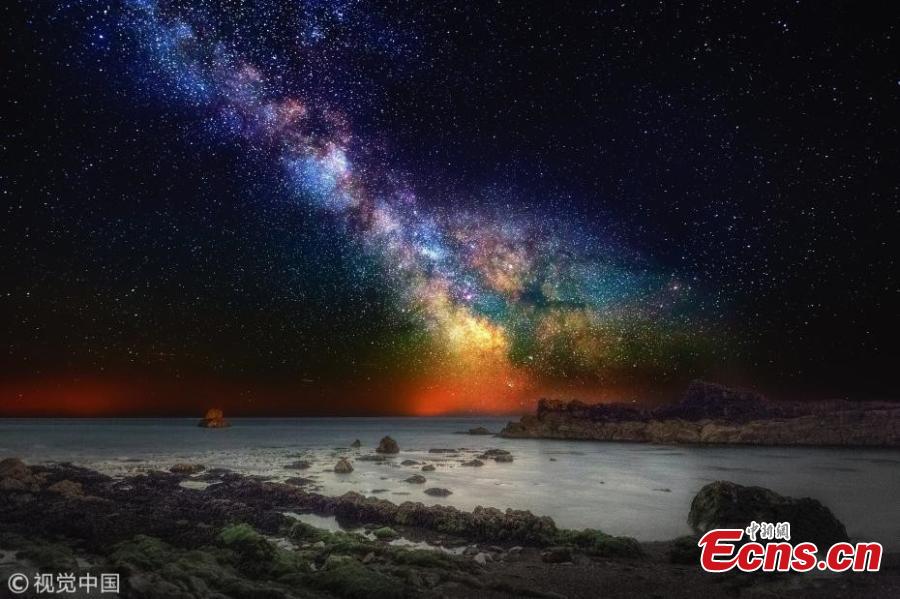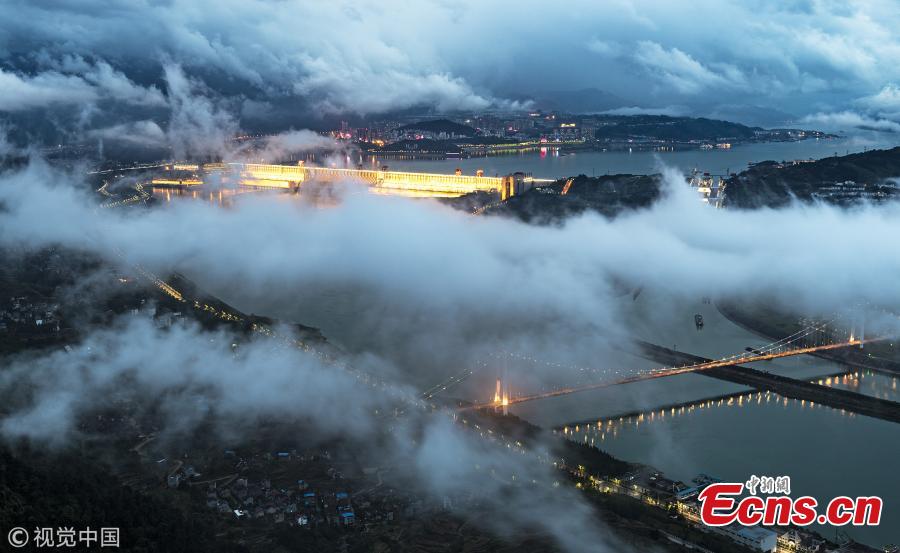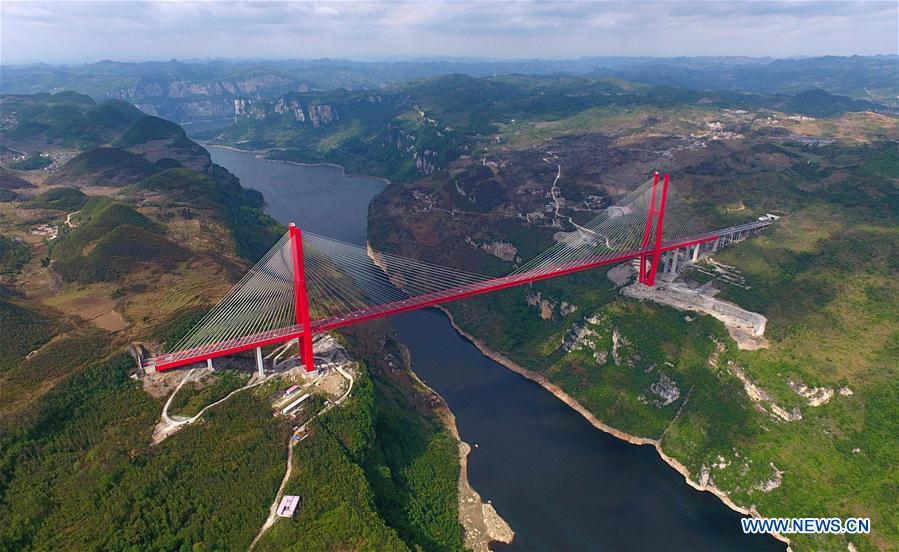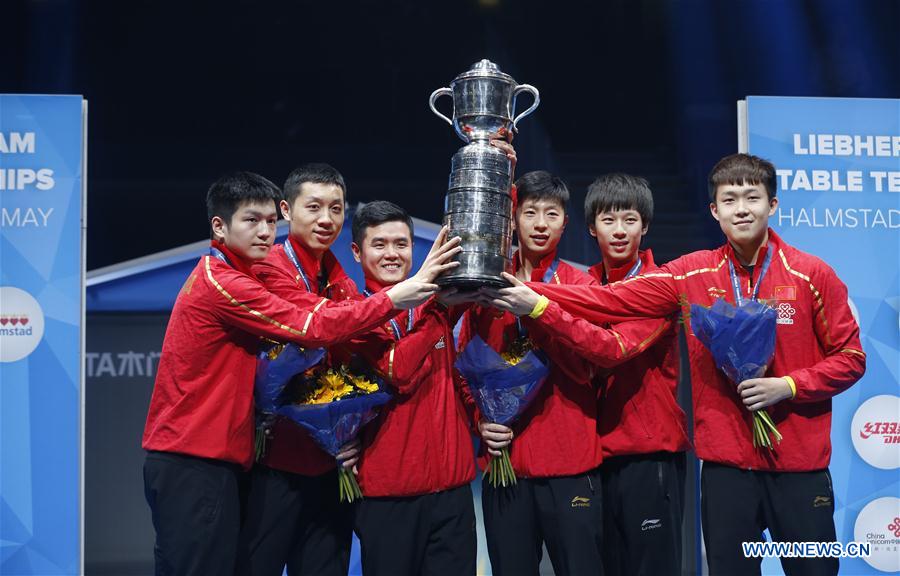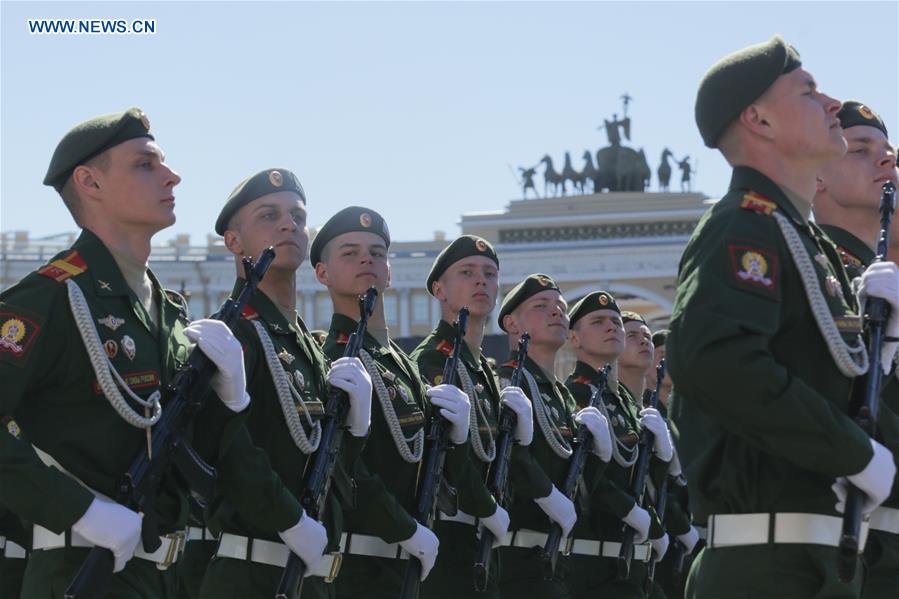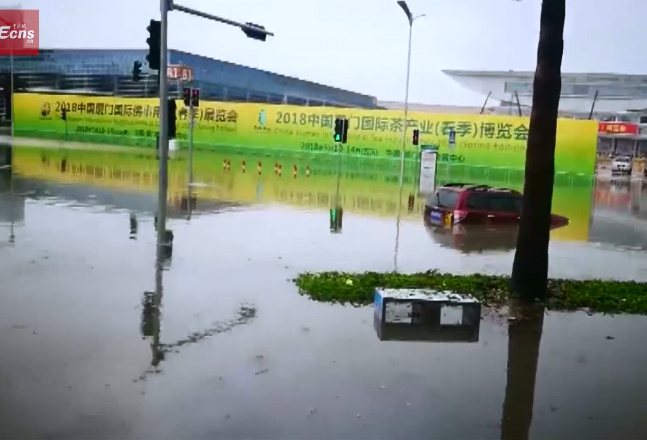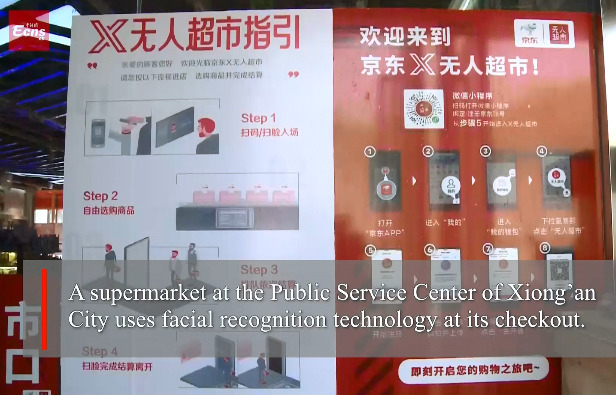Against the backdrop of a wobbly economic recovery around the globe, China's contribution to global economic growth has exceeded 30 percent in the past five years. This despite a slower economic growth rate in the country over the past few years.
In helping to settle various flashpoints in different parts of the world, China follows its own distinct approach, one that is peaceful and constructive and rooted in justice.
Amid growing concerns over isolationism and protectionism, China has held a steady commitment to the Paris Agreement on climate change, promoted multilateral trade, and supported the goals of the United Nations (UN). "Indeed, China is a central pillar of multilateralism," UN Secretary-General Antonio Guterres said when he addressed the Belt and Road Forum in Beijing.
In September 2015, Xi announced the creation of the Institute of South-South Cooperation and Development during a high-level roundtable of developing countries on the sidelines of the 70th Anniversary Celebration of the United Nations.
Today, the institute is frequented by leaders and elites of several developing countries in search of ideas to promote development in their own countries.
GLOBAL VISION, GLOBAL PRAISE
At the just-concluded annual session of the 13th National People's Congress, the national legislature, Chinese lawmakers approved a draft amendment to write the notion of building "a community with a shared future for "mankind" into the country's Constitution.
The vision, together with China's proposal of building "a new type of international relations," represents the country's efforts to search for the answer to a simple question: What kind of future does humanity wish to create?
"China's proposition is to build a community with a shared future for mankind and achieve shared and win-win development," Xi said in his UNOG speech last January.
Over the past few years since it was first introduced to the international community in 2013, the concept of a community with a shared future has gained growing recognition around the world. It was incorporated into a UN resolution in February last year, and has also been adopted by the UN Security Council, the Human Rights Council and the First Committee of the UN General Assembly.
Alexander Lomanov, chief researcher of the Institute of Far Eastern Studies at Russia Academy of Science, said the China-proposed vision, which abandons the mentality of ideological and geopolitical confrontations, has received worldwide recognition.
"China is marching towards its perception of its global destiny," former Australia Prime Minister Kevin Rudd once said.
As China's major channel towards realizing the notion of building a community with a shared future for mankind, the Belt and Road Initiative, proposed by Xi in 2013, has offered the world a new vision to promote common prosperity. To date, more than 140 countries have participated in or responded to the initiative.
The Belt and Road Initiative is "the best public goods" that China offers the world, said Bambang Suryono, chairman of the Asia Innovation Study Center in Indonesia. It also embodies a bit of Chinese wisdom: harmony and co-existence, he added.









